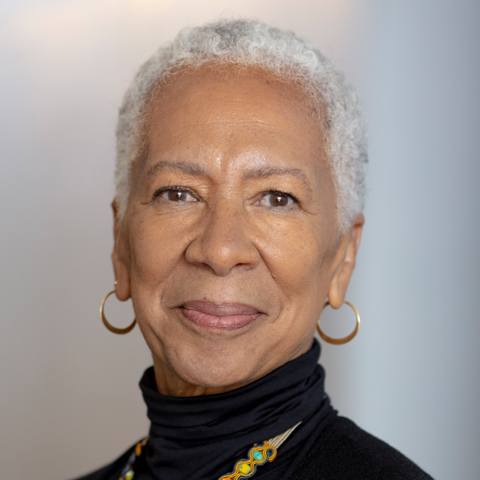The Power of the Vote: How Changing Demographics Can Shape America’s Future for the Better
Cross-posted from Bill Moyers & Company
When protestors began the Freedom March from Selma to Montgomery, Alabama, in March 1965, they weren’t just fighting voter discrimination; they were igniting a national conversation about the rights of all individuals, regardless of race, to be full partners in America’s democracy. Fifty years later, the conversation has changed. It is no longer a question of securing the right to vote — it is what African-Americans, and the millions of other people of color who are rapidly making up the majority of the US population, can do with it.
America’s demographics are shifting and the political ramifications of these changes are undeniable. Since 2011, the majority of babies born in this country have been of color and within three decades, the majority of the population will be. In a recent report by The States of Change: Demographics and Democracy Project, a joint initiative of the Center for American Progress, the Brookings Institution and the American Enterprise Institute, authors point to the “profound” effect that these shifting demographics will have on politics.
As we celebrate the 50th anniversary of Selma this week, I am filled with hope that this rising majority of Americans can use their vote to lead the way to a more democratic, fair nation, and a thriving, equitable economy where everyone can participate and prosper.
This is not a pipe dream — America’s growing diversity presents the nation with a tremendous opportunity to put in place the policies we need to build an economy that truly works for everyone. Rising inequality and persistent racial inequities are not only felt by those who’ve been locked out of economic opportunity — they place everyone’s future at risk by robbing regions of the benefits of economic and racial inclusion. Without the large racial gaps in income and employment, the national economy could have been $2 trillion stronger in 2012, according to a recent analysis in the National Equity Atlas, a joint initiative of PolicyLink and the University of Southern California’s Program for Environmental and Regional Equity (PERE).
As people of color grow as a share of voters, they are likely to choose the candidates and policies that ensure everyone can access a good job that pays a living wage and offers benefits and opportunities for growth, affordable and reliable public transportation, high-quality public schools and affordable housing that connects families to jobs and vital services. These policies don’t just address the needs of those too often left behind — they provide the building blocks of strong communities and a robust, resilient national economy.
Unfortunately, the growing potential for political influence among communities of color has not gone unchallenged. In the last decade, 34 state legislatures have passed laws that put up barriers to voting that disproportionately affect people of color, low-income communities, and the elderly. Putting these de facto voting suppression laws in place only became easier in 2013, when the Supreme Court, in Shelby County v. Holder, invalidated a crucial provision of the Voting Rights Act that required states with a history of voter discrimination to get federal approval of changes to state voting laws.
The right to vote is the cornerstone of democracy. As the Freedom Marchers reminded us in 1965, it is not enough to have this right on paper, if in reality the ability to vote remains out of reach for so many because of institutional barriers or discriminatory policies. It was because of their brave and relentless leadership that the Voting Rights Act passed in 1965. Now it is up to this generation to ensure that these rights remain unfettered, that registration and voting practices are accessible to all citizens, and that we create pathways to citizenship for those who live and work in this country. The future of this nation will depend on all Americans having, and using, their fair say at the ballot.
